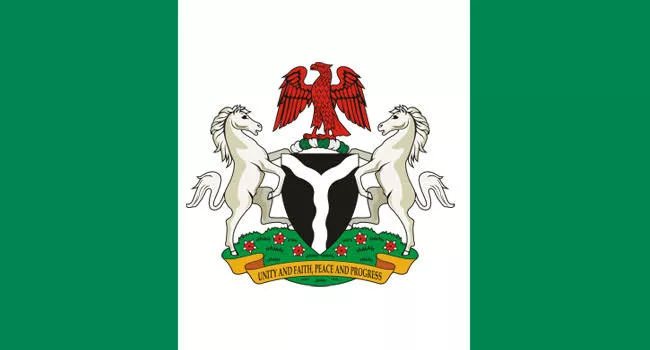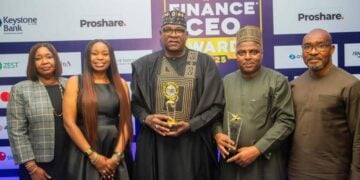Nigeria has submitted its third Nationally Determined Contribution (NDC 3.0) under the Paris Agreement, setting out an updated and more ambitious climate commitment ahead of COP30 in Brazil.
This marks a significant milestone in the country’s climate journey, achieved in time as the first country in West Africa, positioning Nigeria to better align its climate goals with long-term development priorities.
At the EU–Nigeria NDC roundtable in Abuja, Inga Stefanowicz, head of Green and Digital Economy Section at the EU Delegation to Nigeria and ECOWAS, said the dialogue reflects the shared commitment of both parties to advance climate ambition through partnership.
“The Green Diplomacy Week is something we celebrate every year, bringing together our partners to discuss climate change, the environment, and our shared objectives.
“This year is particularly important, as it marks ten years since the adoption of the Paris Agreement.
For us at the European Union, it is an opportunity to reflect on collective progress while recognising that much more still needs to be done,” Stefanowicz said.
She noted that while the EU has made significant progress in reducing emissions, global cooperation remains essential.
“Within the EU, we have reduced emissions by nearly 40% since 1990 and are on track to achieve our 2030 target of a 55% reduction. But this is not something we can achieve alone.
“As we push forward within the EU, we are also working closely with our international partners. We are here to support, to collaborate, and to share experiences that strengthen trust and accountability in the global process.”
Stefanowicz further highlighted the importance of robust measurement of emissions for market credibility and investment, both domestic and international.
On behalf of the Nigerian government, the minister of Environment, represented by Mrs Halima Bawa-Bwari, reaffirmed Nigeria’s determination to translate ambition into measurable action.
“Ambition alone is not enough. We must demonstrate progress with clarity and confidence. For Nigeria, a robust MRV system ensures accountability by tracking emissions, converting targets into measurable outcomes, and unlocking climate finance by assuring partners of real impact. It also enables data-driven policies that deliver smarter interventions and maximise socio-economic benefits,” she said.
The director-general of the National Council on Climate Change (NCCC), Omotenioye Majekodunmi, said technical systems must be underpinned by cooperation and inclusivity.
“We are here to make progress in implementing the Paris Agreement and our NDC commitments. To do this, we need MRV systems that effectively track progress across Nigeria’s diverse governance and economic structures.”





